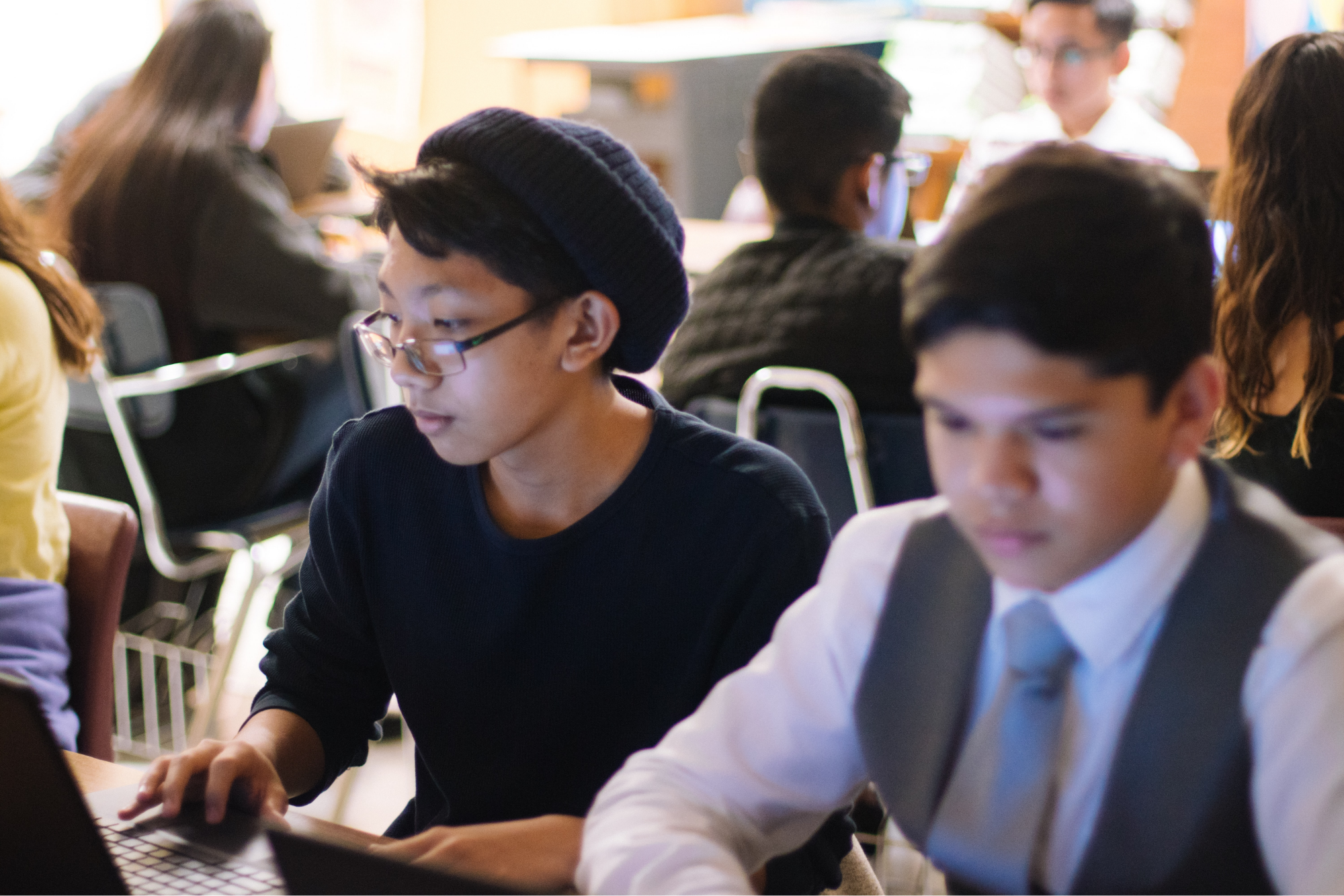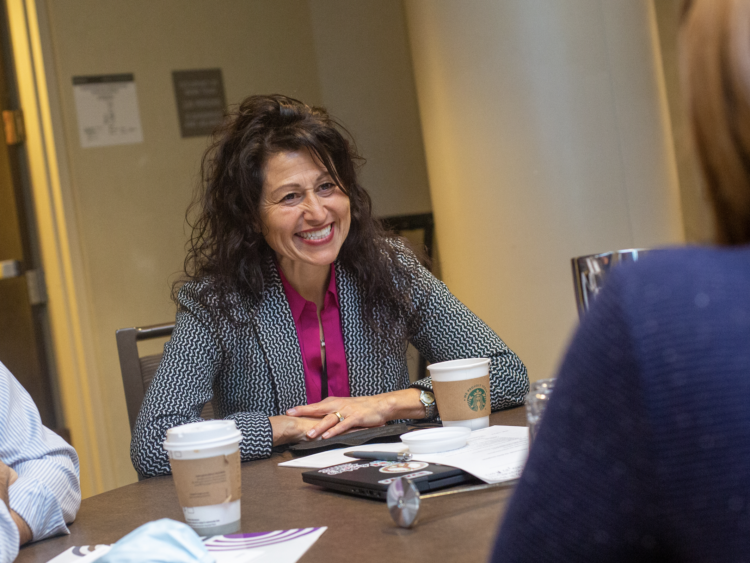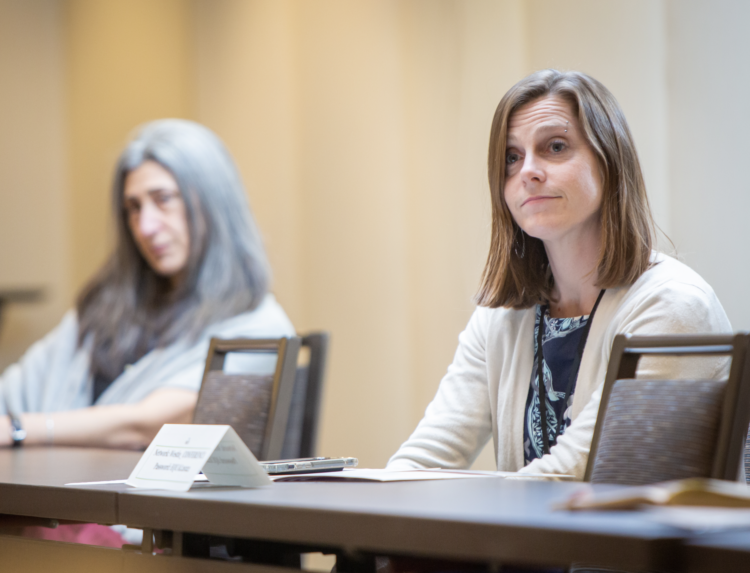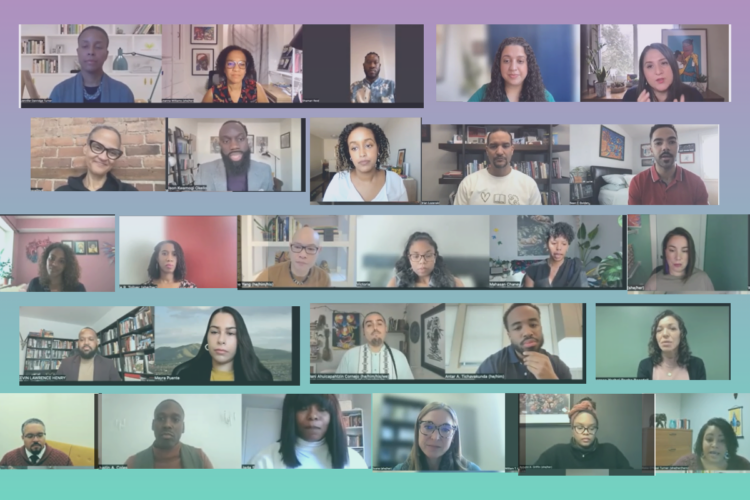Can improving families’ material conditions through cash transfers help prevent instances of child maltreatment?
The Digest
Doing Research to Reduce Inequality
Our focus on reducing inequality grew out of our view that research can do more than help us understand the problem of inequality—it can generate effective responses. We believe that it is time to build stronger bodies of knowledge on how to reduce inequality in the United States and to move beyond the mounting research evidence about the scope, causes, and consequences of inequality.

In this collection
How can applicants think about positionality and inclusion in their research teams? The academic enterprise is rife with practices, routines, and structures that replicate inequality along the dimensions of race, ethnicity, gender, economic standing, language minority status, and immigration status…








